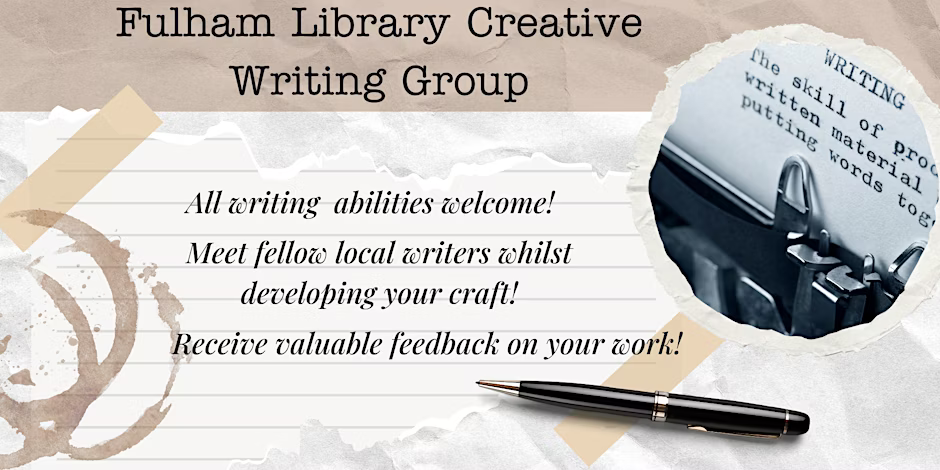Next Saturday I’ll be at Fulham Library’s Creative Writing Group, and the timing feels deliberate. I’ve been working on several pieces that need fresh eyes—particularly a short story set in London’s underground stations and some experimental poetry exploring urban isolation themes.
Writing groups offer something you can’t extract from solitary work: immediate reaction to your voice. When I read excerpts from “Anonymous Letters” to different audiences, each group revealed blind spots I’d missed completely. The Fulham session promises diverse perspectives, which is precisely what my current London-based project demands.
I’m bringing two pieces—one fragment from my upcoming novella about memory and architecture, and a poem exploring the relationship between commuter rhythms and internal monologue. Both emerged from months of observing this city’s peculiar blend of anonymity and intimacy, how millions of individual stories unfold simultaneously yet remain largely invisible to each other.
The feedback format interests me more than polished presentations. Raw drafts expose structural weaknesses better than finished work. Plus, hearing how others tackle similar themes—urban displacement, connection across cultural barriers—always shifts my approach in unexpected directions. After the recent recognition for “Anonymous Letters,” I’m curious whether success changes how I receive criticism or whether vulnerability remains constant regardless of external validation.
For London writers considering Saturday: come prepared to share something unfinished. The vulnerability of incomplete work often generates the most useful conversations. If you’re interested, details and registration are available here
Library sessions like this remind you that writing isn’t purely individual expression—it’s about finding your voice within a larger literary conversation, testing whether your private obsessions translate into shared understanding.
Meeting fellow local writers while developing current projects feels like the right balance between community and craft.
— Writer Anastasia Dubinina
